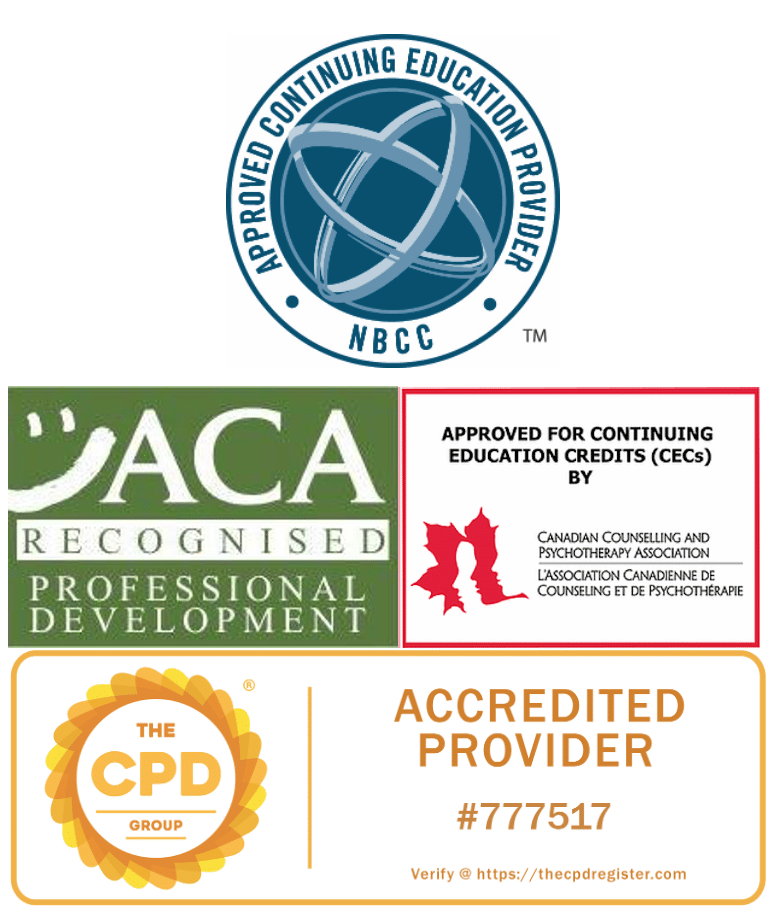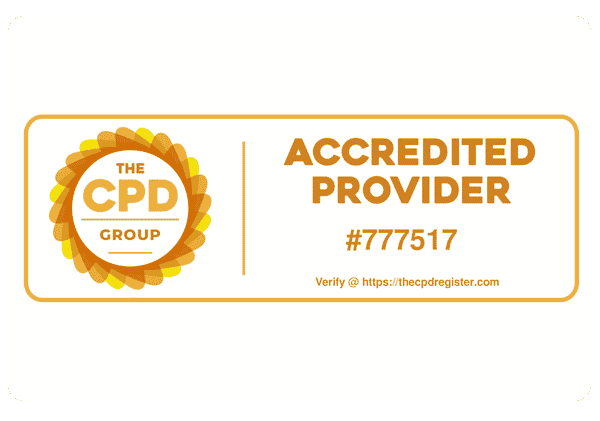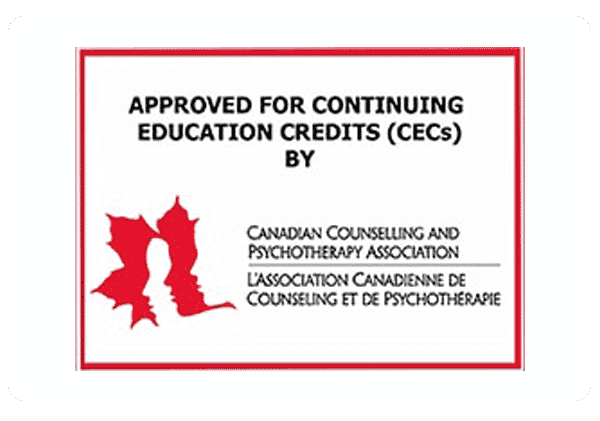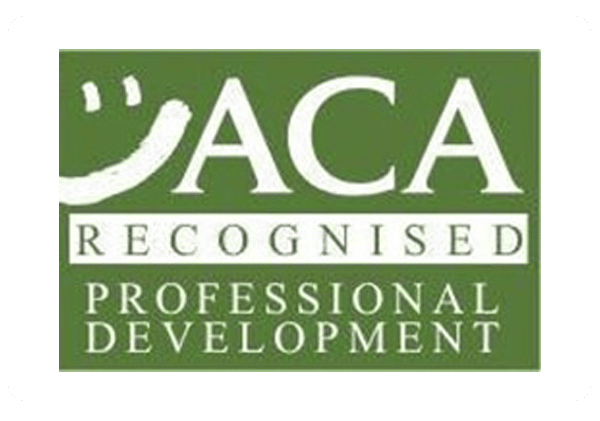PTSD and C/PTSD- Joelle Rabow Maletis
Post traumatic stress disorder (PTSD) develops after a very traumatic experience, however, not all people who experience or witness a traumatic event, will develop PTSD. Based on evidence, we know that the severity of the event does play a role in the development of trauma.Therefore, extremely life threatening events such as war/combat or rape are more likely to influence the onset of PTSD. The impact of PTSD includes but is not limited to daily functioning impairment, unwanted upsetting memories, nightmares, and flashbacks. Signs of PTSD to be aware of include repetitive unwanted thoughts, emotional detachment, overly anxious or worried, hypervigilance, and hyperarousal. PTSD occurs when a person is exposed to or witnesses horrific events such as death, domestic violence, serious injury, abuse, direct exposure to natural disasters, rape, war, or even car accidents, and their body’s stress response kicks into gear.
PTSD (Post Traumatic Stress Disorder) and C/PTSD (Complex Post Traumatic Stress Disorder) can commonly occur in people who have experienced or witnessed a traumatic event. However, not all who have experienced trauma develop a diagnosable disorder. Trauma is any negative life event in which the brain perceives a real sense of danger and helplessness.Complex PTSD (C/PTSD) meets the criteria for PTSD and is typically caused by multiple traumatic events like abuse such as physical, emotional, sexual, or domestic violence. C/PTSD is relational in nature where one fears for the safety of themselves and/or someone they love and can usually be caused by on-going or recurring events, interpersonal trauma, or multiple relationship failures. Signs of C/PTSD include depression, lost sense of self, anxiety, and alcohol/substance abuse and/or misuse. Read More
Being aware of our internal as well as external triggers as well as continuing to cultivate awareness around what our triggers are, helps us regulate our emotions as well as our reactions; known as trigger awareness. Skills development such as tracking our triggers, what we’re successful with as well as what you’re needing to improve, can help keep us moving into post traumatic growth and away from post traumatic re-experiencing. Post traumatic growth is a process where one is able to utilize their traumatic experiences and grow from them. PTG is not about judgment, forgetting, forgiveness or even understanding. PTG is about being able to transmute trauma into radical acceptance – accepting that the trauma is real, it affects us, and it defines our experiences. Our trauma makes us who we are in the present moment. This process includes identifying and challenging triggers, events, feelings, sensations, stressors and beliefs that are a result of PTSD and C/PTSD. Using the discoveries we make by challenging our experiences, we can begin to replace and reframe how we think, feel and behave by implementing the skills we’ve learned in the process of challenging.
TRAINING information
Post traumatic stress disorder (PTSD) develops after a very traumatic experience, however, not all people who experience or witness a traumatic event, will develop PTSD. Based on evidence, we know that the severity of the event does play a role in the development of trauma.Therefore, extremely life threatening events such as war/combat or rape are more likely to influence the onset of PTSD. The impact of PTSD includes but is not limited to daily functioning impairment, unwanted upsetting memories, nightmares, and flashbacks. Signs of PTSD to be aware of include repetitive unwanted thoughts, emotional detachment, overly anxious or worried, hypervigilance, and hyperarousal. PTSD occurs when a person is exposed to or witnesses horrific events such as death, domestic violence, serious injury, abuse, direct exposure to natural disasters, rape, war, or even car accidents, and their body’s stress response kicks into gear.
PTSD (Post Traumatic Stress Disorder) and C/PTSD (Complex Post Traumatic Stress Disorder) can commonly occur in people who have experienced or witnessed a traumatic event. However, not all who have experienced trauma develop a diagnosable disorder. Trauma is any negative life event in which the brain perceives a real sense of danger and helplessness.Complex PTSD (C/PTSD) meets the criteria for PTSD and is typically caused by multiple traumatic events like abuse such as physical, emotional, sexual, or domestic violence. C/PTSD is relational in nature where one fears for the safety of themselves and/or someone they love and can usually be caused by on-going or recurring events, interpersonal trauma, or multiple relationship failures. Signs of C/PTSD include depression, lost sense of self, anxiety, and alcohol/substance abuse and/or misuse. Read More
Being aware of our internal as well as external triggers as well as continuing to cultivate awareness around what our triggers are, helps us regulate our emotions as well as our reactions; known as trigger awareness. Skills development such as tracking our triggers, what we’re successful with as well as what you’re needing to improve, can help keep us moving into post traumatic growth and away from post traumatic re-experiencing. Post traumatic growth is a process where one is able to utilize their traumatic experiences and grow from them. PTG is not about judgment, forgetting, forgiveness or even understanding. PTG is about being able to transmute trauma into radical acceptance – accepting that the trauma is real, it affects us, and it defines our experiences. Our trauma makes us who we are in the present moment. This process includes identifying and challenging triggers, events, feelings, sensations, stressors and beliefs that are a result of PTSD and C/PTSD. Using the discoveries we make by challenging our experiences, we can begin to replace and reframe how we think, feel and behave by implementing the skills we’ve learned in the process of challenging.
Learning Objectives
1. Discuss the different types of traumas: Post Traumatic Stress Disorder (PTSD), Complex Post Traumatic Stress Disorder (C/PTSD), and Micro versus Macro Traumas.
2. Understand the differences between PTSD and C/PTSD.
3. Discuss and develop trauma-informed practices, skills, and tools to help those who’ve experienced trauma.
4. Understand how trauma develops and impacts the mind-body-spirit connection.
5. Understand how to move forward using Post Traumatic Growth (PTG) techniques.
6. Comprehend and implement the “GROWTH FORMULA” to help move trauma into post traumatic growth (PTG).
About the Speaker
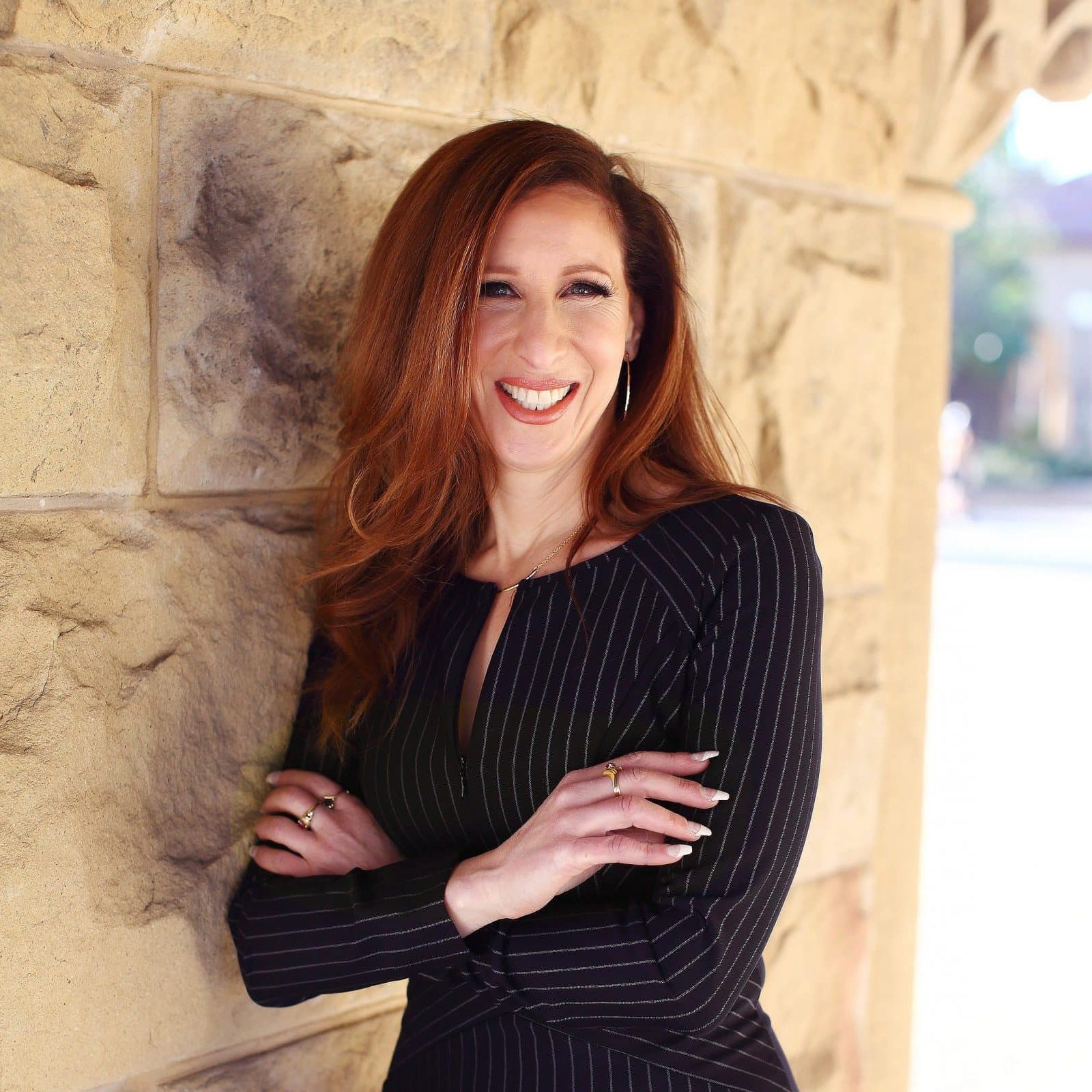 Joelle is a world renowned international speaker, psychotherapist, PTSD and trauma expert. Her passion is mentoring, coaching, and supporting people while overcoming struggles that are keeping them from living a meaningful and balanced life full of fulfillment, joy, and contentment. Joelle started JRM&A Inc. to help others discover their hopes, dreams and abilities to thrive through adversity, trauma and mental challenges. Her career highlights include being a guest speaker on ABC’s 60 Minutes: Beyond the Headlines, Switch YouTube Live host, HIRE Vets Medallion Award recipient , and several Outstanding Achievement Awards for Top Female Executive.
Joelle is a world renowned international speaker, psychotherapist, PTSD and trauma expert. Her passion is mentoring, coaching, and supporting people while overcoming struggles that are keeping them from living a meaningful and balanced life full of fulfillment, joy, and contentment. Joelle started JRM&A Inc. to help others discover their hopes, dreams and abilities to thrive through adversity, trauma and mental challenges. Her career highlights include being a guest speaker on ABC’s 60 Minutes: Beyond the Headlines, Switch YouTube Live host, HIRE Vets Medallion Award recipient , and several Outstanding Achievement Awards for Top Female Executive.
CPD/CE
CPD / CE / NBCC credits available: 6
How do I receive these credits?
The participant must pass the multiple-choice test with a minimum score of 80%. There is a maximum of three attempts to achieve this.
The post-test is included in the price of the training.
Does my regulatory body accept the credits?
The CPD & CE credits awarded can be used towards your declaration to any governing regulatory body in your state or country, provided the content is relevant to your discipline.
Our trainings are accredited by:
– The CPD Group, London
– Canadian Counselling and Psychotherapy Association
– Australian Counselling Association
– National Board of Certified Counselors (NBCC)

